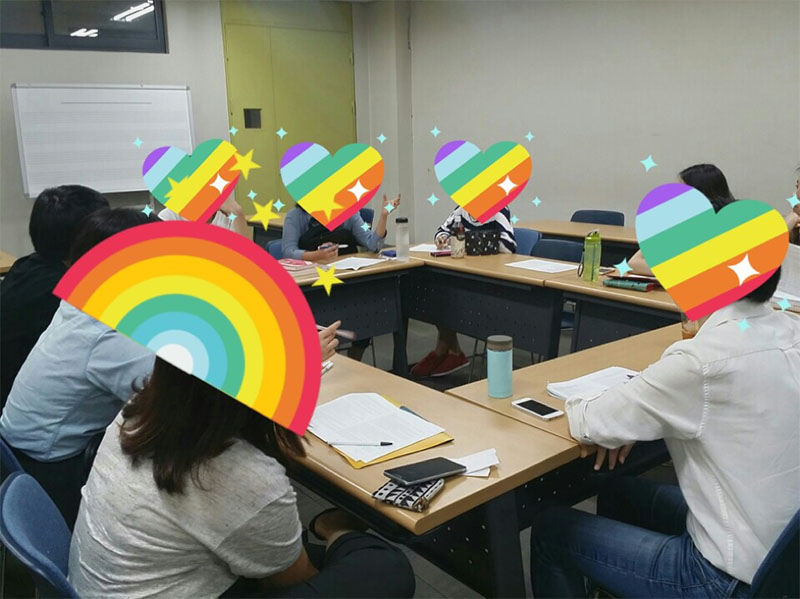
Towards a Queer Art of Surveillance in South Korea
When is a face not a face? With the launch of the iPhone X that boasts facial recognition capabilities, the individual markers of one’s face tie one’s identity to the security of their phone. Yet it also makes the face complicit in forms of self-surveillance, as it requires definitive facial proof to access one’s phone. It produces the face as evidence of one’s identity that supposedly cannot be forged. In this instance, one continuously uses one’s phone to surveil one’s own identity—with the face becoming a safeguard against potential security breaches. Small-scale, yes, but surveillance need not always be connected to sprawling security apparatuses and institutions. So we ask again: when is a face not a face? When it is used to distinguish a body as a body rather than as an individuated person? With this post, we seek to explore possible answers to this question in the context of South Korea, by focusing on the role of self-surveillance in the politics of queer student activist organizations. (read more...)






